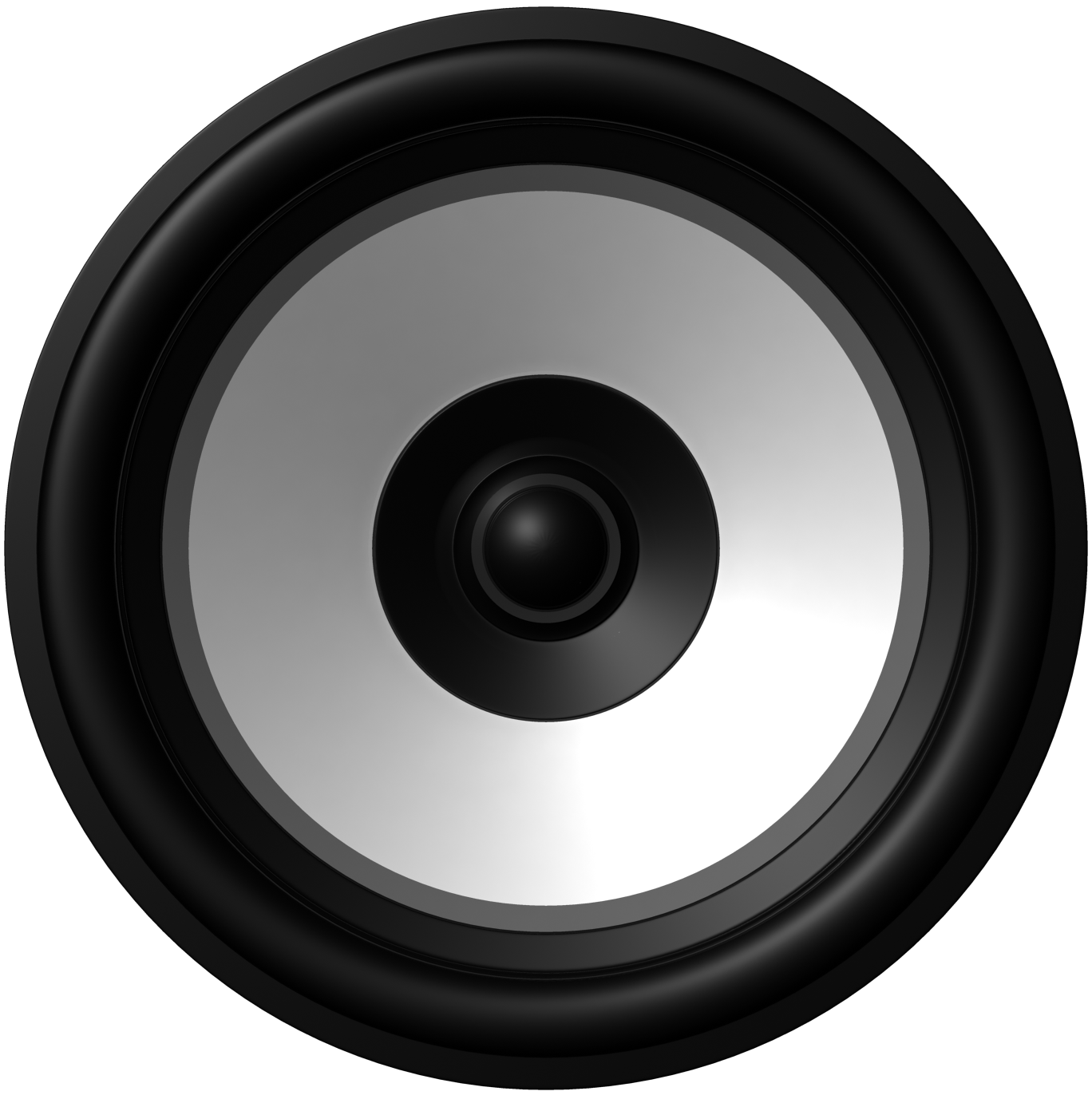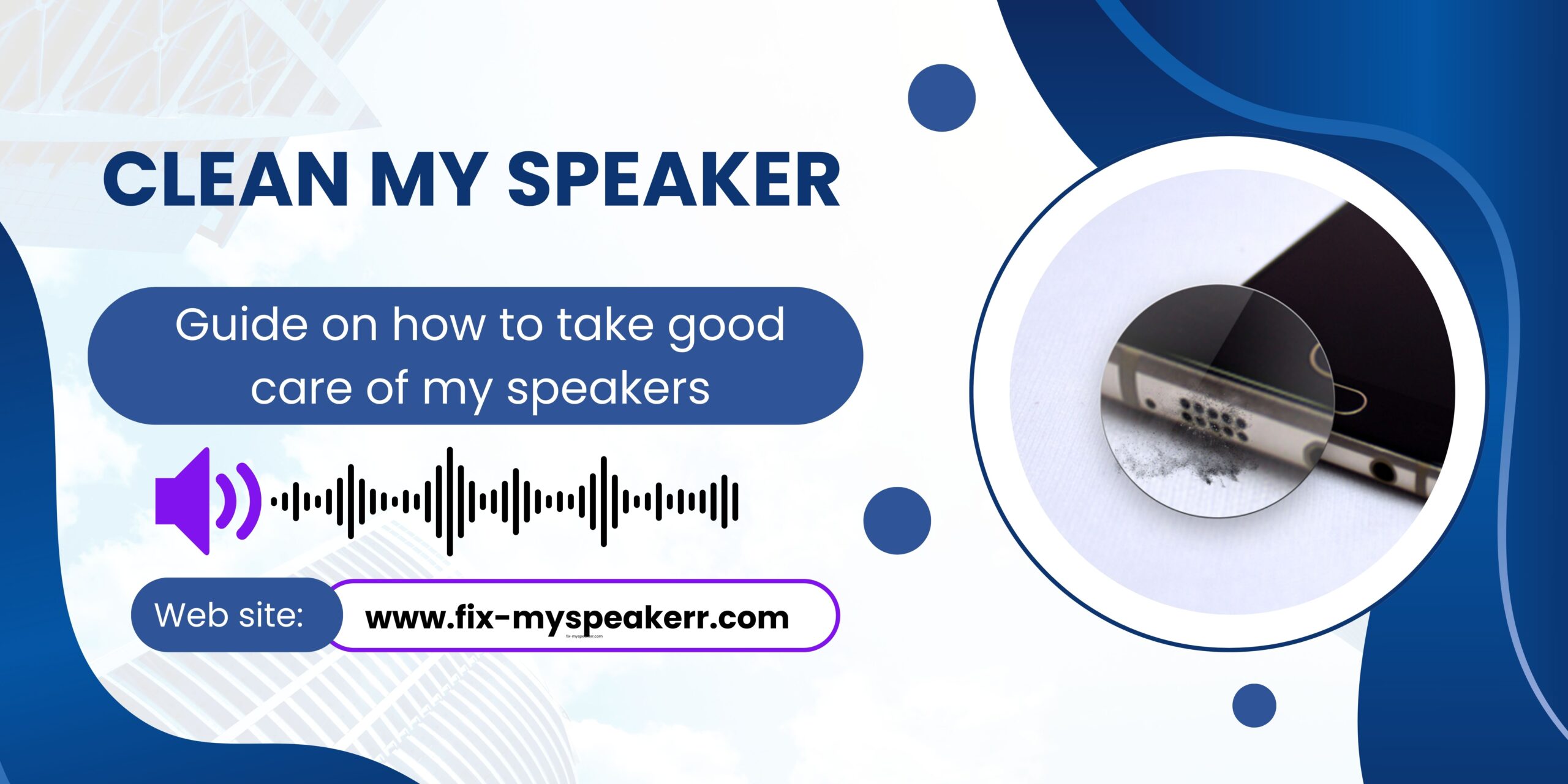Learn how to maintain and clean my speakers with this easy-to-follow guide
Table of Contents
Introduction
It provides high-quality sound. It ensures that my speakers is the endless music of my life. The best source of happiness. Remains a cherished part of my daily routine. This guide is the necessary steps to maintain my speaker. Designed to help understand. Follow these tips and best practices. I keep my speakers in excellent shape. Can enjoy the joy of uninterrupted music and to take care of my speakers it always sounds great. Let’s know to make sure it performs best.
Why care about my speakers?
Taking care of my speakers is important for several reasons:
- Good sound quality : Ensures regular maintenance. My speakers produce clear, crisp, and high-quality sound. Dust, dirt and wear can reduce audio performance. So keep my speakers clean and well maintained. Helps to preserve the clarity and fidelity of the sound.
- longevity: My speakers last a lot longer when properly cared for. Taking care of small matters. before they escalate into major issue adheres to recommended usage and storage guidelines. I can stop things from deteriorating too soon ultimately reducing the need for replacement.
- Performance: A speaker in excellent condition gives their best. Regular cleanings and inspections help avoid common problems including distortion connection problems. so that my speakers can always provide the best possible audio quality.
By investing time in regular maintenance, I can enjoy my speaker’s full capabilities for years to come, making the most of every musical moment.
The type of speaker care
Taking care of my speakers ensures its longevity and optimal performance Here’s what I need to know that involves several key practices:
My voice is audible.
Maintaining the aesthetic appeal of my speakers is crucial to preserving their sound quality. Dusting: Use a soft, dry cloth to gently dust the surface of my speakers; avoid using anything abrasive that could scratch the finish. Compressed Air: Use compressed air to remove dust and debris from hard-to-reach places like grilles and vents and this keeps obstructions away from interior components.
Cleaning Solution: For more stubborn dirt or smudges, use a cleaner specifically designed for electronics. To avoid saturation in delicate places, it is preferable to apply the cleaner onto a soft cloth instead of the speaker proper.
Avoiding Injury: In order to protect my speaker, I should be aware of the following: Prevent Moisture: Make sure that my speaker’s interior is kept free of water and cleaning agents. Moisture can cause electrical components to malfunction or corrode.
Don’t Overuse Products: Apply cleaning products sparingly. Excessive use can damage the speaker’s finish and components.
Handle Gently: Be cautious during cleaning to prevent scratches or other physical damage and use gentle motions and avoid applying too much pressure.
Keeping My Speakers Stored It’s essential to store speaker properly to shield it from the elements:
Keep Dry: To avoid moisture damage, store speaker in a dry area and keep it out of places where it could get wet or where there is a lot of humidity.
Avoid Sunlight: Keep speaker out of direct sunlight to prevent overheating and potential internal component damage and prolonged exposure to sunlight may also cause the speaker’s exterior to fade and deteriorate.
How to Keep Speaker Clean Here’s how to clean my speaker step-by-step:
Turn Off My Speaker: To guarantee safety and avoid any electrical damage. Make sure my speaker is turned off and unplugged before beginning the cleaning procedure.
Dust the Surface: Use a soft, dry cloth to gently wipe away dust from the exterior of my speaker. This helps maintain the speaker’s appearance and prevents dust buildup that could affect performance.
Use Compressed Air: To reach dust and debris inside the speaker, use compressed air. Carefully blow air into vents and other hard-to-reach areas to dislodge particles without touching internal components.
Apply Cleaner sparingly: If there are stubborn spots or smudges, use a little amount of electronics cleaner on a cloth. Avoid applying cleaning directly to the speaker to prevent moisture from penetrating sensitive places.
Wipe Down: Gently wipe the surface of speaker with the dampened cloth, using a light touch to avoid scratching or damaging the finish.
Let It Dry: Before re-plugging and turning on speaker. Let it air dry fully after cleaning and this guarantees that any remaining moisture escapes, averting any possible harm.
Best Practices for Speaker Maintenance
To ensure my speaker remains in top condition and continues to deliver excellent performance, I should follow these best practices:
Regular Cleaning: Clean speaker every few months to keep it free from dust and debris. Regular maintenance helps prevent buildup that could affect sound quality and overall functionality. Stick to the cleaning steps outlined previously to maintain the speaker’s appearance and performance.
Check Cables: Make sure all of the cables that are attached to speaker are in good shape by periodically inspecting them. Check for fraying, wear, or loose connections and sturdy and correctly linked cables assist prevent noise problems and provide dependable operation.
Inspect for Damage: Regularly check speaker for any signs of physical damage or wear. Look for scratches, dents, or any issues with the speaker’s grille or housing and take prompt action to repair any damage to prevent more issues and maintain peak performance.
I can maintain speaker in perfect condition and continue to enjoy high-quality audio for many years to come if I follow these best practices.
Common Issues and Solutions
My Speaker Sounds Distorted
Issue: Distorted sound can occur due to dust buildup or internal damage. This distortion can affect the clarity and quality of the audio output.
Solution: First, clean the speaker thoroughly following the cleaning steps outlined earlier. Dust or debris on the speaker’s surface or inside can cause audio issues. If cleaning doesn’t resolve the distortion, inspect the speaker for any visible signs of damage, such as loose components or broken parts.
My speaker is not turning on. Issue: If speaker fails to come on, it could be due to a problem with the power source, connections, or internal components. Solution: Start by verifying the power source and connections. Make sure the power wire is securely inserted into both the speaker and the electrical socket. If the speaker requires batteries, make sure they are charged and replace them if necessary. Also, check for any fuse or circuit breaker concerns, and if everything looks to be in order but the speaker still won’t switch on, there could be an internal problem that requires professional assistance.
My Speaker Is Overheating
Issue: Overheating can occur if the speaker is placed in an environment with poor ventilation or excessive heat.
Solution: To ensure efficient heat dissipation, place the speaker in a location with good ventilation and steer clear of placing the speaker in enclosed spaces, next to heat sources, or in direct sunlight. If the speaker continues to overheat, you might want to move it to a more open, cooler space and to enhance airflow, also make sure the speaker’s vents are clear of obstructions and clean them as needed.
By addressing these common issues with the suggested solutions, I can maintain speaker’s performance and extend its lifespan.
FAQ
How often should I clean speaker?
To prevent dust buildup and preserve optimal sound quality, I should clean speaker every few months.
Can I use any type of product to clean speaker?
No, I should clean my equipment with items made especially for them and the speaker’s components may get damaged if general cleaning solutions are used.
What happens if I clean speaker and the problem persists?
Should speaker’s issues persist even after cleaning. For a comprehensive diagnosis and repair and I should speak with a specialist as it could need to be fixed professionally.
What precautions can I take to protect speaker?
To avoid damage, speaker should be handled gently and stored carefully, and kept dry. Keep it away from dampness and bright sunlight.
Is it OK to use a vacuum cleaner on speaker?
No, using a vacuum cleaner can generate static electricity, which may damage speaker. Instead, use compressed air to clean dust from hard-to-reach areas.
Conclusion
I have to take the best possible care of my speaker in order to make sure I get the most out of it and maintain its longevity and sound quality and I may increase the useful life of my speaker and maintain it in excellent shape for many years to come by adhering to the cleaning, storing, and handling directions in this manual.


Leave a Reply